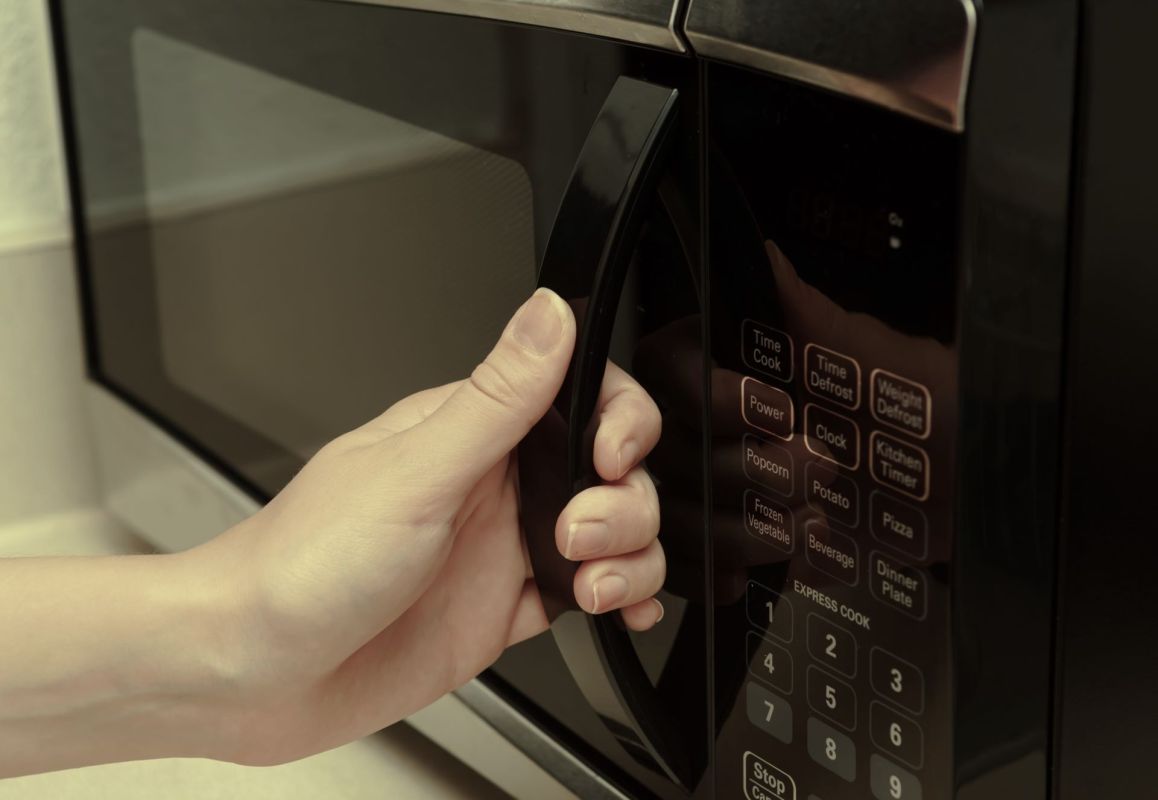Research from the University of Nebraska has resulted in clear advice: Don't nuke plastics.
Our "just pop it in the microwave" mentality is unleashing hordes of tiny plastic particles — more than 2 billion nanoplastics and 4 million microplastics per square centimeter (almost one-sixth of a square inch), in some cases — the experts found.
Alarmingly, they don't yet know for sure how these synthetic materials are impacting our bodies.
"Even this one study should be a wake-up call — not just to new parents but to the FDA [Food and Drug Administration]," Judith Enck, a former EPA administrator who is president of advocacy group Beyond Plastics, told Wired.
"They need to be far more proactive."
What was studied?
Nebraska researcher Kazi Albab Hussain and his team microwaved FDA-approved plastic baby bottles as part of a study that began in 2021. They were filled with water and other liquids simulating food and zapped for three minutes.
The results showed that the children would be ingesting microplastics as a result.
"For my baby, I was unable to completely avoid the use of plastic," Hussain said. He became a new dad during the time of the study. "But I was able to avoid those [scenarios], which were causing more of the release of micro- and nanoplastics. People also deserve to know those, and they should choose wisely."
What are microplastics?
They are minuscule plastic particles that have been found on the Earth's highest peaks and deepest oceans. Henry Ford Health reports that 77% of people tested in one study had microplastics in their blood.
Some microplastics are made from PFAS, commonly called "forever chemicals," because they take a long time to degrade. The government estimates PFAS to be in the blood of up to 97% of Americans.
TCD Picks » Quince Spotlight

What's the health impact?
The experts are still studying how microplastics and PFAS impact the body, but common sense suggests it can't be good.
"Many studies, including ours, are demonstrating that the toxicity of micro- and nanoplastics is highly linked to the level of exposure," Hussain said in the study.
The experts exposed kidney cells to the microplastics released during their bottle-microwaving experiment. They said about 75% of the cells were killed — a possible link to how microplastics might be harming our kidneys.
How to avoid microplastics
First, don't microwave plastics. Hussain is hoping a better plastic is made that releases fewer particles.
"I am hopeful that a day will come when these products display labels that read 'microplastics-free' or 'nanoplastics-free," he said.
For now, edible plastic-free food wraps, compostable coffee pods and tea bags, and glass baby bottles are some products that provide the same service, without the tiny plastic infiltrators.
Join our free newsletter for weekly updates on the coolest innovations improving our lives and saving our planet.













